20th Workshop on Workflows in Support of Large-Scale Science
WORKS 2025
Monday - Nov 17, 2025
St. Louis, MO, USA
9:00am - 5.30pm (CST)
Scientific workflows have underpinned some of the most significant discoveries of the past several decades. Workflow management systems (WMSs) provide abstraction and automation that enable researchers to easily define sophisticated computational processes, and to then execute them efficiently on parallel and distributed computing systems. As workflows have been adopted by multiple scientific communities, they are becoming more complex and require more sophisticated workflow management capabilities. A workflow can now analyze terabyte-scale data sets; execute millions of individual tasks; coordinate heterogeneous resources and tasks from edge to core; and process near real-time data streams, files, and data placed in different types of storage systems. The computations can be single core workloads, loosely-coupled tasks, or tightly-coupled computations, and can run in heterogeneous distributed computing platforms all within a single workflow.
The Workshop on Workflows in Support of Large-Scale Science (WORKS) focuses on the many facets of scientific workflow composition, management, sustainability, and application to domain sciences in an increasingly diverse and a rapidly evolving technology landscape. WORKS aims to serve as the central meeting point for all the stakeholders involved in the evolving workflows community, and to showcase the latest developments and emerging approaches in the field.
WORKS25 will be held in conjunction with the International Conference for High Performance Computing, Networking, Storage, and Analysis (SC25) at the America’s Center Convention Complex in downtown St. Louis, Missouri (USA).
Topics of Interest (including but are not limited to):
- Workflow user environments, portals, and advanced AI-augmented front-end workflow tools
- Data-driven workflow processing (including stream processing workflows)
- Interactive, adaptive, and dynamic workflows (including workflow steering)
- Workflow execution in distributed and heterogeneous environments (HPC, clouds, edge, networks, and AI infrastructures)
- Agentic workflows
- End-to-end workflows - from instruments to networks to cross-facility enactment
- Serverless workflows and serverless orchestration
- Workflows integrating emerging computing, storage and networking technologies (e.g., quantum, DNA)
- Workflow modeling
- Workflow composition languages and orchestrators
- Workflow scheduling and resource management (including energy efficiency and cost)
- Application of AI/ML to workflow management
- Performance analysis and debugging of workflows
- Workflow provenance
- Workflow fault-tolerance and recovery techniques
- Workflows and autonomous, self-driving labs
- Interdisciplinary workflow applications
- Workflow applications and their requirements
- Reproducible research using workflows
- Exascale computing with workflows
- Big Data analytics workflows, AI workflows
Important Dates
- Paper Submission Deadline:
August 1August 8, 2025 - Notification of Acceptance: September 5, 2025
- Camera-Ready Deadline: September 26, 2025
- Workshop Date: November 17, 2025
Program
| Time (CST) | Event |
|---|---|
| 9:00am-9:01am |
20th Workshop on Workflows in Support of Large-Scale Science (WORKS25) Silvina Caino-Lores, Anirban Mandal |
| 9:01am-9:06am |
Welcome Anirban Mandal |
| 9:06am-9:24am |
Paper: RESILIO: A Scalable and Composable Architecture for Tomographic Reconstruction Workflows Gueroudji, Dorier, Carns, Patel, Bicer, Latham, Ross, Chard, Foster |
| 9:24am-9:42am |
Paper: A Workflow for Error Analysis for Drug Response Prediction via Statistical Standardization and Distribution Analysis Gwinn, Wozniak, Jain, Zhu, Partin, Brettin, Stevens |
| 9:42am-10:00am |
Paper: Integrating and Characterizing HPC Task Runtime Systems for hybrid AI-HPC workloads Merzky, Titov, Turilli, Jha |
| 10:00am-10:30am | Morning Break |
| 10:30am-11:18am |
Distinguished Talk: The Evolution of Automation in Science — The Pegasus Perspective Ewa Deelman |
| 11:18am-11:36am |
Paper: CAMEO: A Co-design Architecture for Multi-objective Energy System Optimization Meyur, Donald, Martin, Ramachandran, Purohit |
| 11:36am-11:54am |
Paper: Adapting Classic Scheduling Heuristics for Online Execution under Uncertainty Chamorro, Twigg-Ho, Coleman, Coleman, Krishnamachari, Khodabandehlou |
| 11:54am-12:12pm |
Paper: State Machine Orchestration of an HPC Workflow in Cloud Sochat, Pottier, Milroy |
| 12:12pm-12:30pm |
Paper: Bridging Speed and Optimality in Job Scheduling: A Hybrid Ant Colony Optimization Approach for Distributed Systems Jin, Zuk, Raghavan, Jadhav, Hamade, Deelman, Balaprakash |
| 12:30pm-2:00pm | Lunch |
| 2:00pm-2:03pm |
Panel Lightning Talk: Agentic AI for Simulations Workflows Elisseev, Firth, Edwards, Tanaka, Suriyakumaran, Shkurti, Chachara, Esposito |
| 2:03pm-2:06pm |
Panel Lightning Talk: Advancing Search and Automated Workflows for Light-Source Data: Progress, Challenges, and Future Outlook Amusat, Kaur, Giannakou, Ramakrishnan |
| 2:06pm-2:09pm |
Panel Lightning Talk: Concurrency Patterns and Primitives in Modern AI/ML Scientific Applications Collier, Gueroudji, Hategan-Marandiuc, Ozik, Wozniak |
| 2:09pm-2:12pm |
Guest Panelist: Beyond DAGs: Adaptive Streaming Workflows & AI-Driven Workflow Design Rosa Filgueira |
| 2:12pm-2:15pm |
Guest Panelist: Research Without Borders: Bridging the Knowledge Gap Tainã Coleman |
| 2:15pm-3:00pm | Panel |
| 3:00pm-3:30pm | Afternoon Break |
| 3:30pm-3:48pm |
Paper: Overcoming Dynamic I/O Boundaries: a Double-Sided Streaming Methodology with dispel4py and CAPIO Santimaria, Filgueira, Medić, Colonnelli, Aldinucci |
| 3:48pm-4:06pm |
Paper: DagOnStore: Reliable Data Management for Workflows on the Computing Continuum with DynoStore and DAGonStar Sanchez-Gallegos, Gonzalez-Compean, Carretero, Montella |
| 4:06pm-4:24pm |
Paper: LLM Agents for Interactive Workflow Provenance: Reference Architecture and Evaluation Methodology Souza, Poteet, Etz, Rosendo, Gueroudji, Shin, Bataprakash, Ferreira da Silva |
| 4:24pm-4:42pm |
Paper: Do Large Language Models Speak Scientific Workflows? Yildiz, Peterka |
| 4:42pm-5:00pm |
Paper: Evaluating the Efficacy of LLM-Based Reasoning for Multiobjective HPC Job Scheduling Jadhav, Jin, Deelman, Balaprakash |
| 5:00pm-5:18pm |
Paper: The (R)evolution of Scientific Workflows in the Agentic AI Era: Towards Autonomous Science Shin, Souza, Rosendo, Suter, Wang, Balaprakash, Ferreira da Silva |
| 5:18pm-5:30pm |
Conclusion Silvina Caino-Lores |
Submission Guidelines
- Full papers: Submissions are limited to 12 pages.
- Abstracts: Submissions are limited to 4 pages.
The format of the paper submissions for Full Papers and Abstracts should be two-column text in the U.S. Letter pages, as per ACM conference proceedings guidelines. All submissions must use the ACM conference proceedings templates. Latex users, please use the “sigconf” option. Word authors, please use the “Interim Layout”. Page limits include all figures, tables, references, and appendices.
All submissions will receive at least three reviews. All submissions will be single-blind peer reviewed.
Accepted full papers will receive a slot for an oral presentation and they will be included in the SC Workshop Proceedings.
Based on the content of the accepted abstracts, the Workshop Chairs will organize a Panel discussion during the workshop centered around the topic of “Trailblazing vs. Time-Tested: Navigating the Future of Scientific Workflows”. One author from each accepted abstract will participate in the panel discussion. Accepted abstracts will not be included in the SC Workshop Proceedings. Unlike some of the previous editions of WORKS, abstracts will not be compiled into a full paper.
Learn More
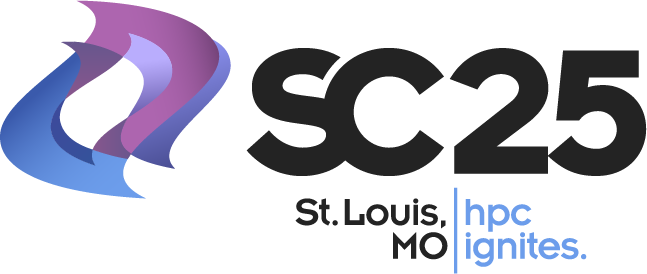
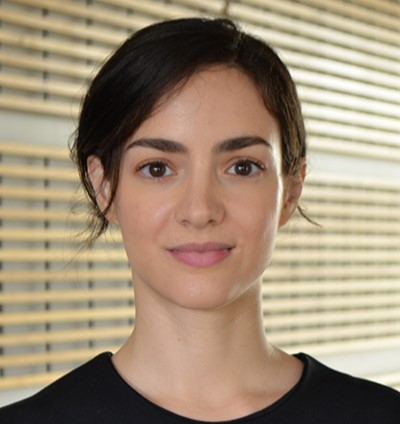 Silvina Caino-Lores (INRIA)
Silvina Caino-Lores (INRIA)
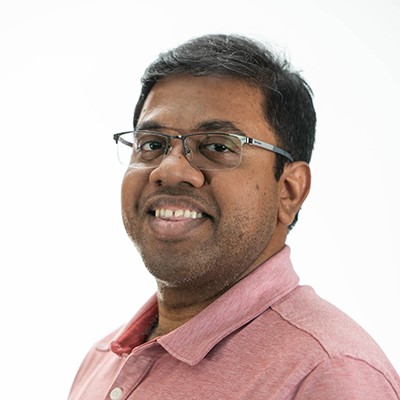 Anirban Mandal (RENCI)
Anirban Mandal (RENCI)
 David Abramson (UQ)
David Abramson (UQ)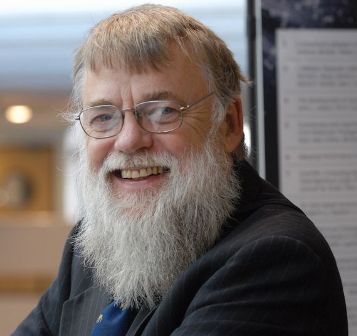 Malcolm Atkinson (Edin.)
Malcolm Atkinson (Edin.)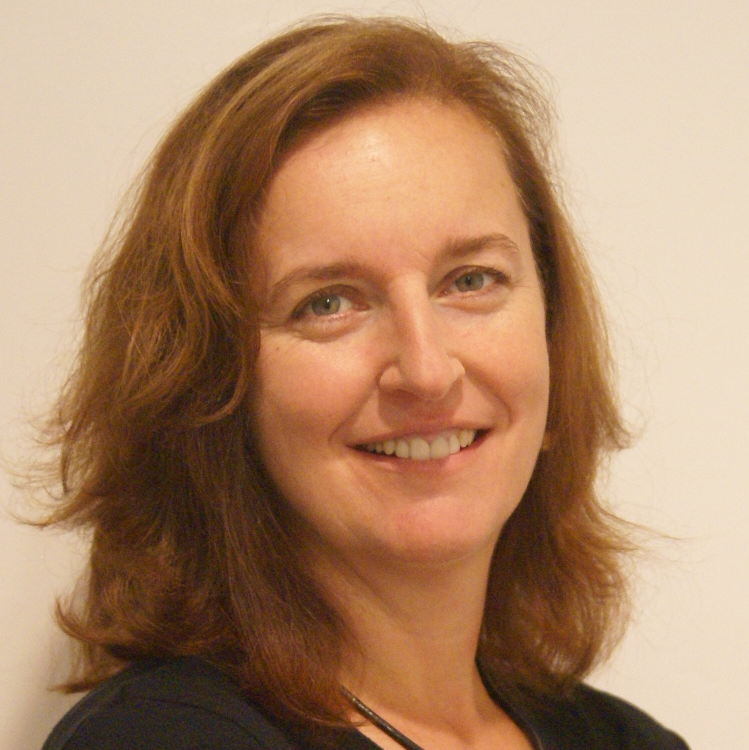 Ewa Deelman (USC)
Ewa Deelman (USC)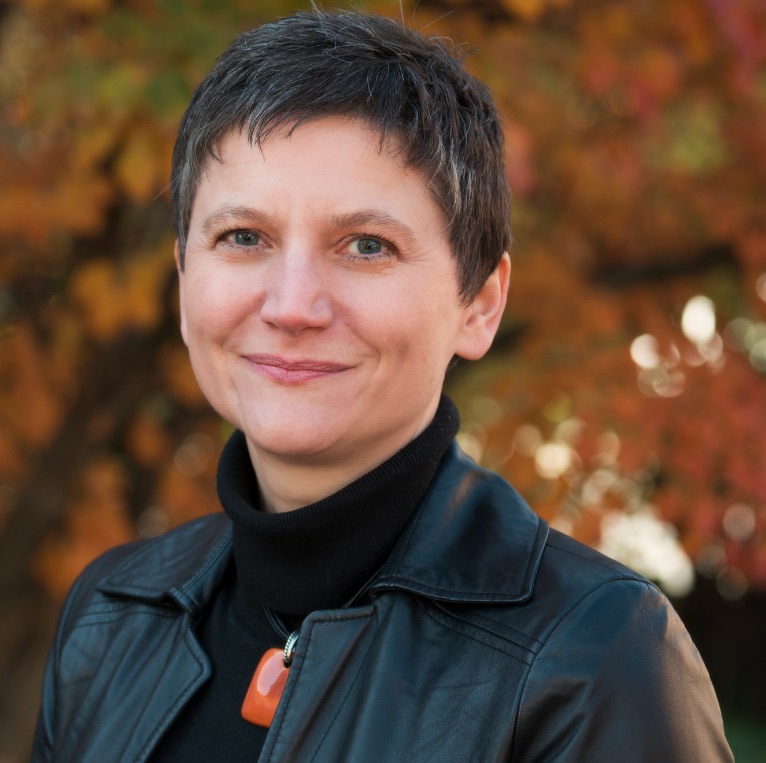 Michela Taufer (UTK)
Michela Taufer (UTK)